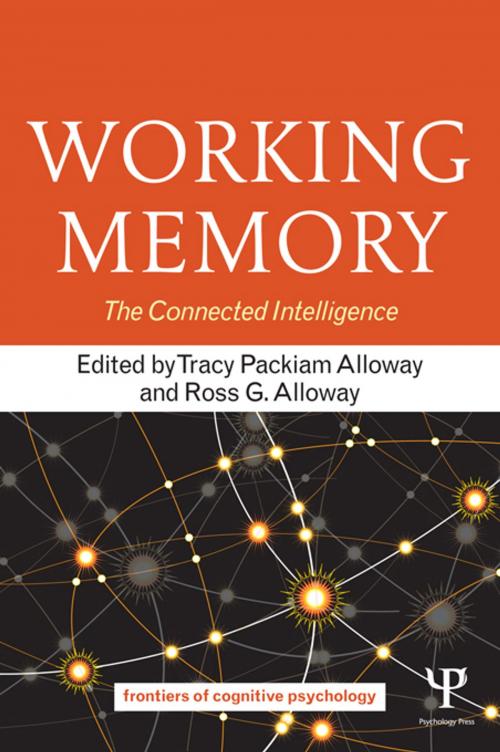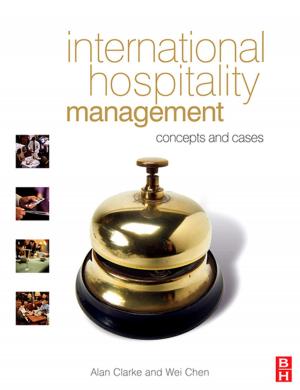Working Memory
The Connected Intelligence
Nonfiction, Health & Well Being, Psychology, Cognitive Psychology| Author: | ISBN: | 9781136208164 | |
| Publisher: | Taylor and Francis | Publication: | October 28, 2013 |
| Imprint: | Psychology Press | Language: | English |
| Author: | |
| ISBN: | 9781136208164 |
| Publisher: | Taylor and Francis |
| Publication: | October 28, 2013 |
| Imprint: | Psychology Press |
| Language: | English |
Working memory – the conscious processing of information – is increasingly recognized as one of the most important aspects of intelligence. This fundamental cognitive skill is deeply connected to a great variety of human experience – from our childhood, to our old age, from our evolutionary past, to our digital future.
In this volume, leading psychologists review the latest research on working memory and consider what role it plays in development and over the lifespan. It is revealed how a strong working memory is connected with success (academically and acquiring expertise) and a poor working memory is connected with failure (addictive behavior and poor decision-making). The contributions also show how working memory played a role in our cognitive evolution and how the everyday things we do, such as what we eat and how much we sleep, can have an impact on how well it functions. Finally, the evidence on whether or not working memory training is beneficial is explored.
This volume is essential reading for students, researchers, and professionals with an interest in human memory and its improvement, including those working in cognitive psychology, cognitive neuroscience, developmental psychology, gerontology, education, health, and clinical psychology.
Working memory – the conscious processing of information – is increasingly recognized as one of the most important aspects of intelligence. This fundamental cognitive skill is deeply connected to a great variety of human experience – from our childhood, to our old age, from our evolutionary past, to our digital future.
In this volume, leading psychologists review the latest research on working memory and consider what role it plays in development and over the lifespan. It is revealed how a strong working memory is connected with success (academically and acquiring expertise) and a poor working memory is connected with failure (addictive behavior and poor decision-making). The contributions also show how working memory played a role in our cognitive evolution and how the everyday things we do, such as what we eat and how much we sleep, can have an impact on how well it functions. Finally, the evidence on whether or not working memory training is beneficial is explored.
This volume is essential reading for students, researchers, and professionals with an interest in human memory and its improvement, including those working in cognitive psychology, cognitive neuroscience, developmental psychology, gerontology, education, health, and clinical psychology.















